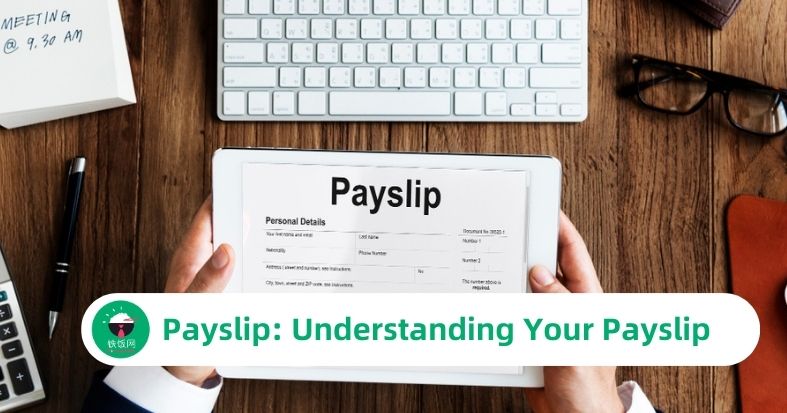
Payslip: Understanding Your Payslip

by Chloe Chan
Receiving a payslip is a common occurrence for employees in Malaysia. However, understanding the information presented on a payslip can sometimes be confusing. This article breaks down your pay calculations, including legal rules, key parts, and the importance of reviewing it regularly.
Legal Requirements for Payslips in Malaysia
The Employment Act 1955 legally obligates employers in Malaysia to provide employees with a payslip. Employees must receive this document within seven days of their salary payment. The pay calculations serves as a record of the employee's salary, deductions, and other relevant information.
Key Components of a Payslip
Employee Information: This section includes your name, employee identification number, and contact details. Ensuring that this information is accurate and up-to-date is essential.The pay calculations must clearly state the pay period for which they are calculating the salary. This allows you to keep track of your earnings over a specific timeframe.
Earnings: This section outlines your total earnings for the pay period. It includes your basic salary, allowances, overtime pay, and any other additional income. Make sure to review this section carefully to ensure accuracy.
Deductions: Deductions are amounts subtracted from your earnings. Common deductions include income tax, EPF (Employees Provident Fund) contributions, SOCSO (Social Security Organization) contributions, and any other authorized deductions. Understanding the deductions and ensuring they align with legal requirements and your employment contract is crucial.
Net Pay: You receive the net pay after subtracting all deductions from your earnings. This is the actual amount you will receive in your bank account.
Some payslips show how much annual leave, sick leave, or other types of leave you have left. This helps you keep track of your available leave days.
Employer's Contributions: In certain cases, your payslip may also include information on your employer's contributions, such as EPF contributions and SOCSO contributions. This provides transparency regarding the employer's contributions towards your social security and retirement savings.
Importance of Reviewing Your Payslip
Ensuring Accuracy: By carefully reviewing your payslip, you can identify any errors or discrepancies in your salary calculations, deductions, or other information. If you see any differences, tell your boss or HR right away.
Your payslip shows how much money you earn and what is taken out. It helps you understand how to calculate your salary and where your money goes. This knowledge helps you manage your finances effectively.
Look at your payslip. Make sure your employer is following the law. Check for things like minimum wage, EPF and SOCSO contributions, and deductions.
Understanding your payslip helps you budget and plan your finances. It allows you to make smart choices about saving, investing, and reaching your financial goals.
FAQ's on Payslip :
- How often should I receive my payslip in Malaysia?
- According to the Employment Act 1955, employers in Malaysia are required to provide employees with a payslip within seven days of their salary payment. This ensures that employees have access to accurate and timely information about their earnings and deductions. - What should I do if I notice an error or discrepancy on my payslip?
- If you notice any errors or discrepancies on your payslip, it is important to address them promptly. Start by bringing the issue to the attention of your employer or the HR department. Provide them with the necessary details and evidence to support your claim. Employers are responsible for rectifying any mistakes and ensuring that your payslip reflects the correct information. - Can my employer make deductions from my salary without my consent?
- In Malaysia, employers cannot deduct money from your salary without your consent, except for taxes, EPF, and SOCSO contributions. Any other deductions, such as fines or penalties, require your explicit consent. Check your payslip often to make sure deductions follow the law and your contract. It's important to review for accuracy.
Read More on on Ricebowl :
Popular Jobs:
Find More Jobs|Apprenticeship|Contract Jobs|Internship|Part Time Jobs|Full Time Jobs|Hybrid Work|Freelance Jobs|Admin Jobs|Marketing Jobs|Sales Jobs|Fresh Grad Jobs|Work From Home Jobs|WFH Customer Service
Career Guide:
Resume Template|Cover Letter Template| Interview Questions & Answers|Career Development |Salary & Job Description
Location:
Singapore| Kuala Lumpur|Penang|Petaling Jaya, Selangor|Shah Alam, Selangor|Kuching|Johor|Melaka|Kuantan, Pahang|Ipoh